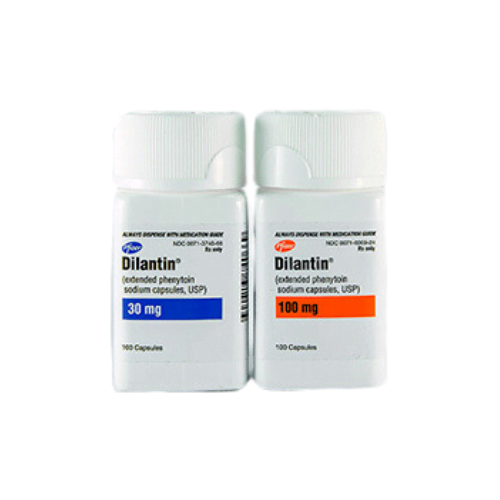Understanding Dilantin: A Trusted Solution for Seizure Control
Dilantin, known for its efficacy in managing seizures, is a medication commonly prescribed to patients dealing with epilepsy and other related conditions. It’s a lifeline for many who face the challenges of unanticipated seizures, providing them with a reliable method to stabilize their neural activity. Besides epilepsy, Dilantin is also employed to address migraines and neuropathic pain. If you’re managing any of these conditions, understanding how Dilantin can fit into your treatment plan is crucial.
How Dilantin Works: A Simplified Explanation
At its core, Dilantin works by calming the brain. Specifically, it alters the way electrical signals travel through the brain, which helps prevent seizures by reducing their intensity and frequency. This stabilization of neural activity can be invaluable for those experiencing the unpredictability of seizures. Thanks to its mechanism of action, Dilantin can also alleviate symptoms associated with migraines and neuropathic pain, offering much-needed relief.
Conditions Managed with Dilantin
Dilantin is versatile, providing therapeutic benefits for a range of conditions. Primarily, it serves individuals with epilepsy and helps to manage seizures effectively. Additionally, it extends its utility to those suffering from migraines and neuropathic pain, making it a multifaceted option for your healthcare toolkit.
Usage of Dilantin: What Patients Should Know
Taking Dilantin is generally straightforward and should align with your treatment plan as discussed with your healthcare provider. While the precise dosage will depend on individual medical profiles, consistent and careful use is key. It’s crucial to adhere to your regimen to maximize the medication’s benefits while minimizing any potential risks.
Potential Side Effects to Consider
Like any medication, Dilantin can come with side effects, and being aware of them helps in managing your health effectively. Some patients may experience dizziness or coordination issues. More rarely, some report skin rashes or changes in mood and behavior. These effects are not common and should be discussed with a doctor if they occur.
Why Consult a Doctor First? Let Medispress Connect You
Starting any new medication should always be done under the guidance of a healthcare professional, and Dilantin is no exception. It’s important to evaluate your condition, medical history, and any other medications you’re taking to ensure this medication is suitable for you. With Medispress, this consultation is easier than ever. Our platform allows you to find qualified providers in your area for convenient online appointments and prescription refills, offering the support you need without leaving your home. Connect with a doctor today through Medispress to see if Dilantin is right for you.






